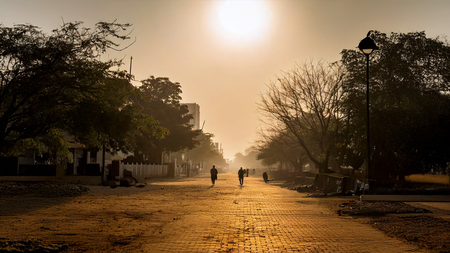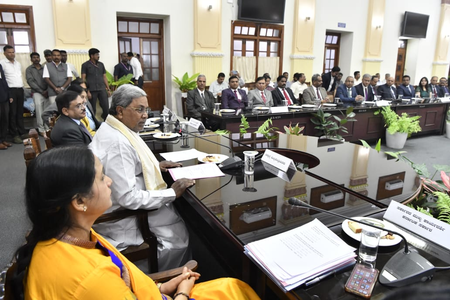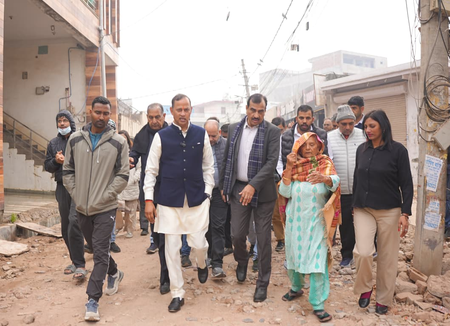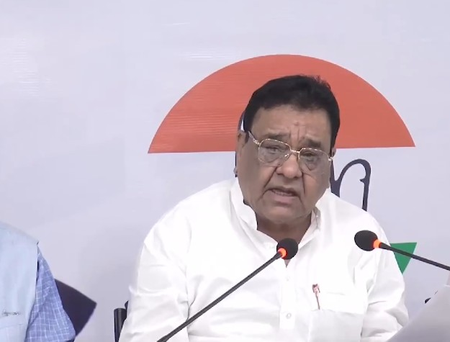
Belem (Brazil), Nov 17 (IANS) Investing in resilient infrastructure could cut GDP losses from disasters by half between now and 2050, a new modelling released on Monday at the underway COP30 by the New Delhi-based Coalition for Disaster Resilient Infrastructure.
The CDRI has analysed the broader economic impact of climate-related disasters across a representative sample of eight climate-vulnerable countries — Bangladesh, Barbados, Bhutan, Fiji, Ghana, Kenya, Madagascar, and the Philippines.
Key findings include infrastructure disruptions account for 80 per cent of disaster-related losses across the eight nations; the true economic cost of infrastructure failure can exceed physical damage by more than seven times; and without urgent investment the annual GDP losses could reach 14.5 per cent in Bangladesh and 12.9 per cent in the Philippines by 2050, with the average rising from 5.2 to 7.4 per cent.
With up to $800 billion in infrastructure assets exposed to disasters each year and 14 per cent of global GDP growth at risk, increasing resilience now can safeguard economies.
According to the report, once a disaster has occurred, reconstruction over 10 years can halve long-term GDP losses from more than seven per cent to just three per cent, while completing recovery in just four years cuts this further to just over two per cent.
Wider research by CDRI indicates that building disaster-resilient infrastructure increases project costs by only five to 15 per cent, while delivering returns that are seven to 12 times greater.
Included within the report are the results of CDRI’s global survey of business leaders, which shows 61 per cent of infrastructure companies allocate less than 10 per cent of their budgets to resilience, while 24 per cent allocate nothing at all.
The survey found that the absence of dedicated, ring-fenced budgets continues to limit early-stage preparedness and restricts the ability to proactively strengthen infrastructure before disasters strike.
Most of the infrastructure the world will need by 2050 is still to be built. As trillions are mobilised to deliver this next-generation infrastructure, CDRI is urging governments, financial institutions, and the private sector to make resilience a non-negotiable standard.
Responding to the report, CDRI Director General Amit Prothi said: “Resilient infrastructure is a catalyst for sustainable growth. Every dollar invested in resilience pays for itself many times over, protecting lives, livelihoods, and public finances. Now is the time to embed resilience into national planning and policy to safeguard future prosperity.”
–IANS
vg/dan




